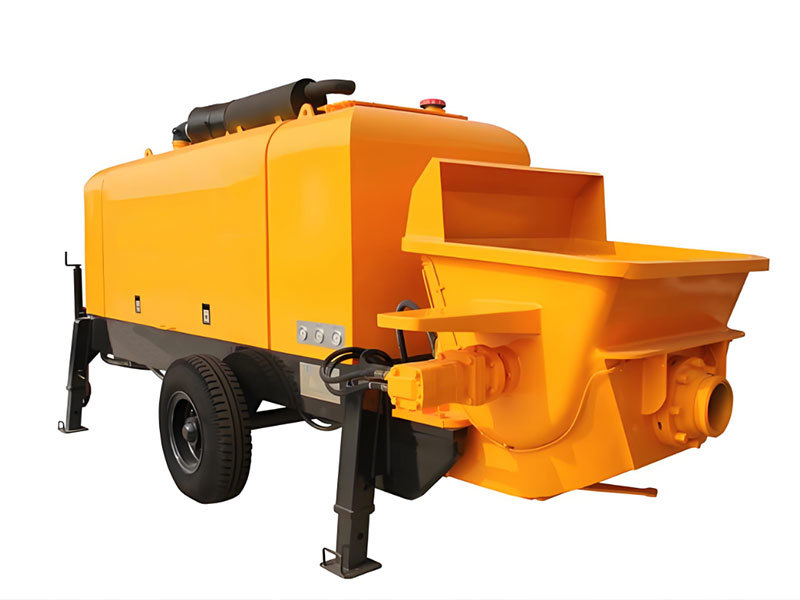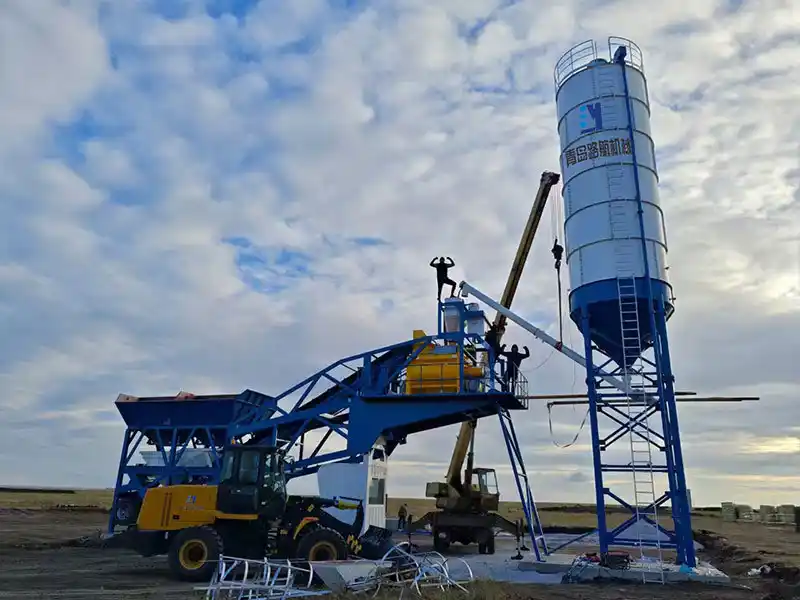The Essential Role of Hydraulic Fabricators in Modern Industries
Release time:
May 22,2025
Hydraulic fabricators play a vital role in the manufacturing and maintenance of hydraulic systems, which are integral to a wide array of industries, including construction, automotive, aerospace, and more. These specialists are responsible for creating, assembling, and repairing hydraulic components and systems, ensuring that they operate at optimal performance levels. Understanding the work of hy

Hydraulic fabricators play a vital role in the manufacturing and maintenance of hydraulic systems, which are integral to a wide array of industries, including construction, automotive, aerospace, and more. These specialists are responsible for creating, assembling, and repairing hydraulic components and systems, ensuring that they operate at optimal performance levels. Understanding the work of hydraulic fabricators can provide insights into how these professionals contribute to the reliability and efficiency of hydraulic tools.
At the core of hydraulic fabrication is the process of designing and crafting components that can withstand high pressures and dynamic forces. Hydraulic systems rely on pressurized liquids to transmit power, making it crucial for the components—such as cylinders, pumps, and valves—to be meticulously engineered and assembled. Hydraulic fabricators utilize various materials, including steel and aluminum, chosen for their strength and ability to resist corrosion, which is vital for longevity in demanding environments.
One of the key responsibilities of hydraulic fabricators involves reading and interpreting blueprints and technical drawings. This ability allows them to create custom parts that meet specific application requirements. They also employ advanced machining techniques, such as welding, cutting, and bending, to shape materials into precise components. With the increasing complexity of hydraulic systems, the role of hydraulic fabricators has evolved to include proficiency in computer-aided design (CAD) software, enabling them to produce detailed designs and simulations before physical fabrication begins.
Quality assurance is another critical aspect of hydraulic fabrication. Fabricators must conduct stringent testing on components to ensure they meet industry standards and safety regulations. This includes pressure testing, leak testing, and performance evaluations, all of which are essential to guarantee the reliability and effectiveness of the finished products. The ability to identify and rectify defects early in the fabrication process can save time and resources, making hydraulic fabricators invaluable in the production cycle.
Moreover, hydraulic fabricators often collaborate with engineers and project managers to develop solutions for complex hydraulic challenges. Their expertise allows them to recommend modifications or enhancements that improve the overall performance of hydraulic systems. By staying updated with the latest technological advancements and industry trends, hydraulic fabricators contribute to the innovation of hydraulic tools and systems, which are constantly evolving to meet the demands of modern industry.
In conclusion, hydraulic fabricators are essential to the functioning of hydraulic tools and systems. Their skills in design, machining, and quality assurance ensure that hydraulic components are reliable and efficient. With their expertise, industries can harness the full potential of hydraulic technology, leading to improved operations and productivity. Understanding the significance of hydraulic fabricators is crucial for professionals seeking to enhance their use of hydraulic tools and systems.
Key words:




